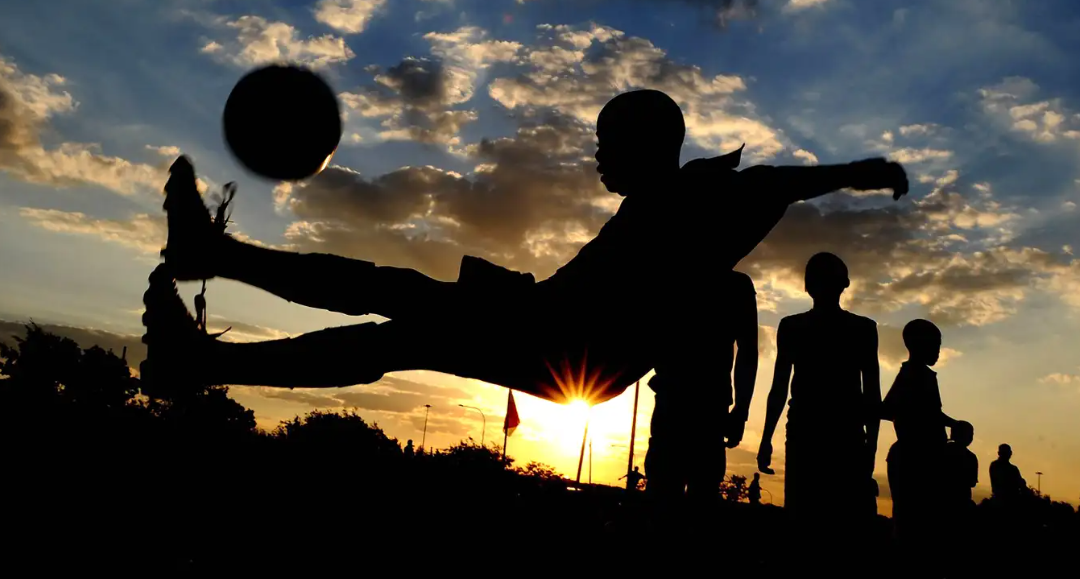African clubs and associations have made significant strides in the global football transfer market, according to a new FIFA report
PRESENTED BY BIRD STORY AGENCY
By Nest – bird’s virtual newsroom
In 2022, African countries were key players in the global player transfer markets in three reporting categories; men’s football, women’s football, and amateur football.
This is according to the 2022 FIFA Global Transfer Report released by FIFA on Jan. 26 2023.
Nigeria, Ghana, and Côte d’Ivoire are listed among the top 10 globally in the number of transfers made in the Men’s Football category.
Nigeria—ranked 5th—recorded 725 transfers in 2022, while Ghana recorded 515 transfers and is ranked 8th globally. The two earned $104.2 million and $17.4 million, respectively.
Côte d’Ivoire closes the list of African countries in the top ten, at position nine globally, with 428 transfers earning $38.3 million.
Football transfers are a million-dollar market for Africa
At the club level, African countries amassed in excess of $71.2 million from player transfers.
While expenditure was relatively low, at $14.5 million, “receipts of African clubs exceeded their spending by more than $55 million.”
Clubs from South Africa, Tunisia, Egypt, Sudan, Libya, and Morocco spent the most in player acquisition fees, while Côte d’Ivoire and Tunisia accumulated the most revenue from transfers.
Other listed revenue-earning clubs were in Burkina Faso, Cameroon, and Morocco.
Women’s football transfers
The Women’s Football category also showed significant transfer market growth not only globally but also at the continent level. Globally in 2022, the number of clubs involved in international transfers went up from 410 in 2021 to 500 last year—a 22% increase.
Nigeria and Ghana led women football player transfers in Africa, with Nigeria making 53 transfers, a growth of over 29% from 2021. Ghana, on the other hand, made 38 transfers, an increase of 90% from 2021. Nigeria and Ghana are ranked 6th and 10th globally in the number of player transfers made in 2022.
A total of 151 transfers were made within the African confederation, 135 involving transfers within the continent—12 to UEFA clubs and 1 to the Arabian Confederation.
Therefore, while clubs did not spend on transfers into the continent, 221 outgoing transfers were made. Much of the activity in African women’s football occurred in East Africa.
Intra-Africa football transfers
“Players moving from Kenya to a new club in Tanzania represented the largest transfer stream between any two associations,” the report reads.
It is the first time that any African association has appeared among the top transfer streams, let alone on both sides of the stream.
With 58 transfers, Tanzania is ranked 7th globally and is the only African association in the top 10 list of inflowing transfers in the women’s football category.
Two clubs from Tanzania—Fountain Gate Academy and Young African Sports Club—are ranked top 2 by the number of incoming transfers.
According to Emilio Garcia Silvero, FIFA’s Chief Legal and Compliance officer, this “reflects the impressive strides being taken as more and more female players continue to turn to professional football.”
Amateur football, non-professional soccer, is also proving appealing in the continent, with transfer numbers increasing in the latest report.
While more than 80% of Amateur football transfers occurred in Europe, transfers into CAF increased in 2022 by more than 70%, hitting a record high of 917.
CAF, however, released 2804 amateur players representing an increment of more than 52%, indicating the vital role the continent plays in developing players for the international market.


